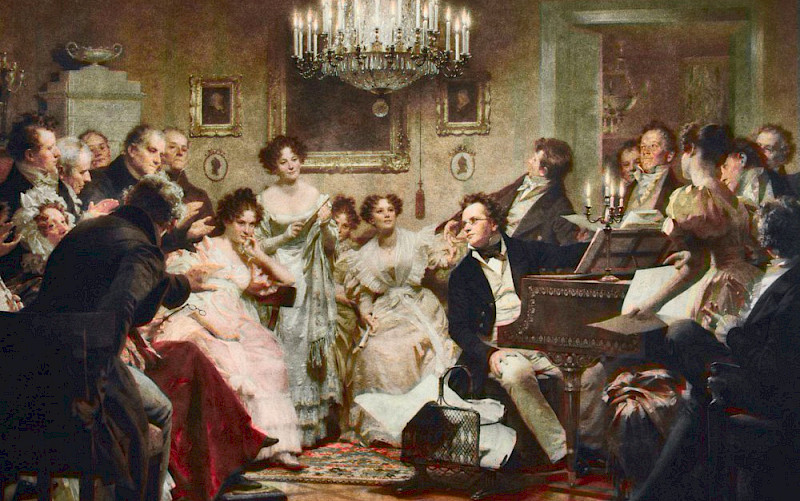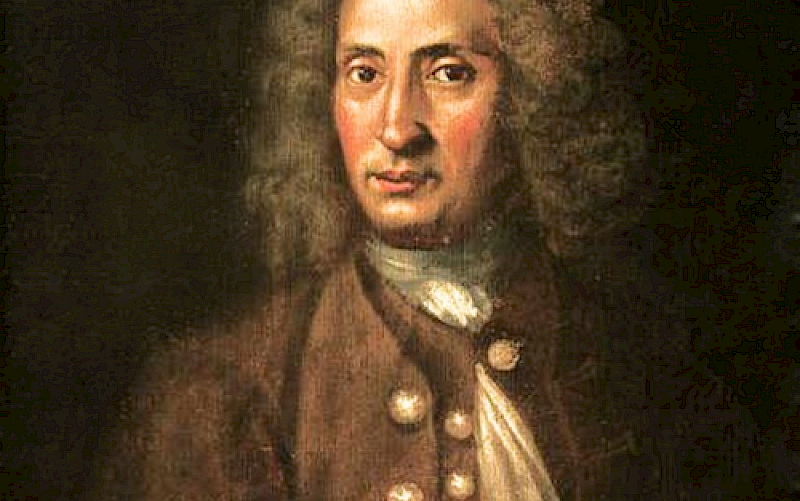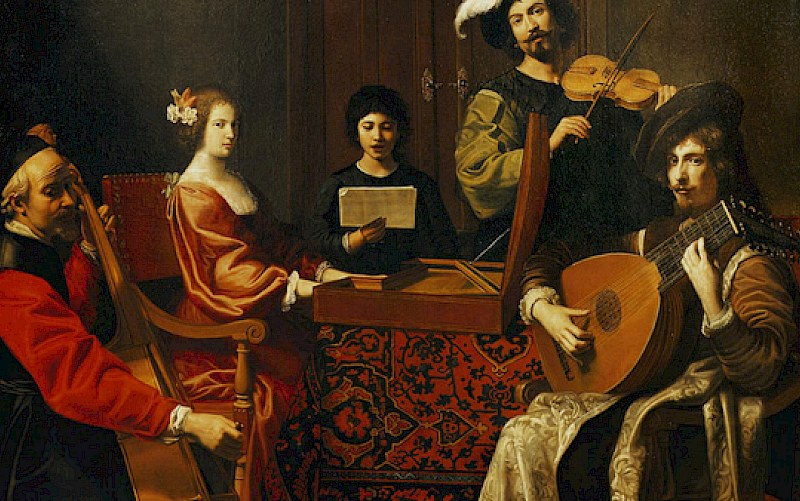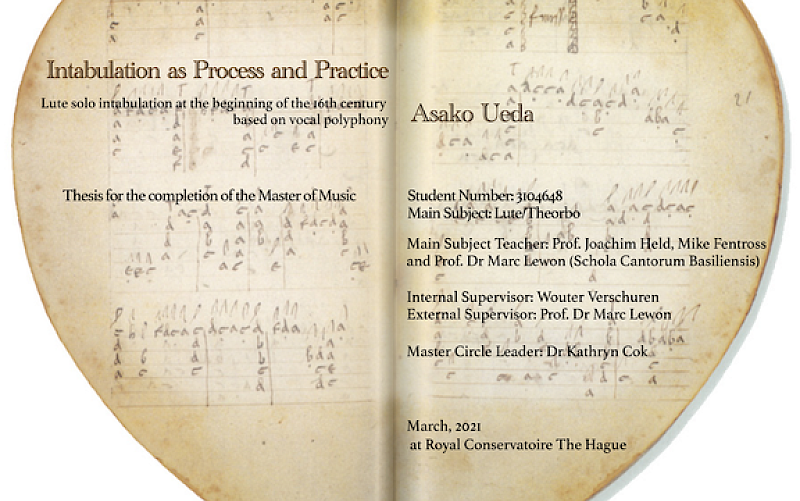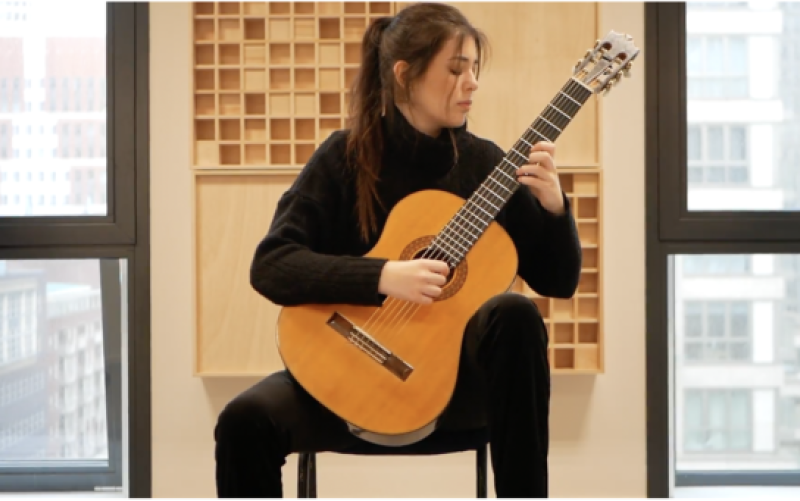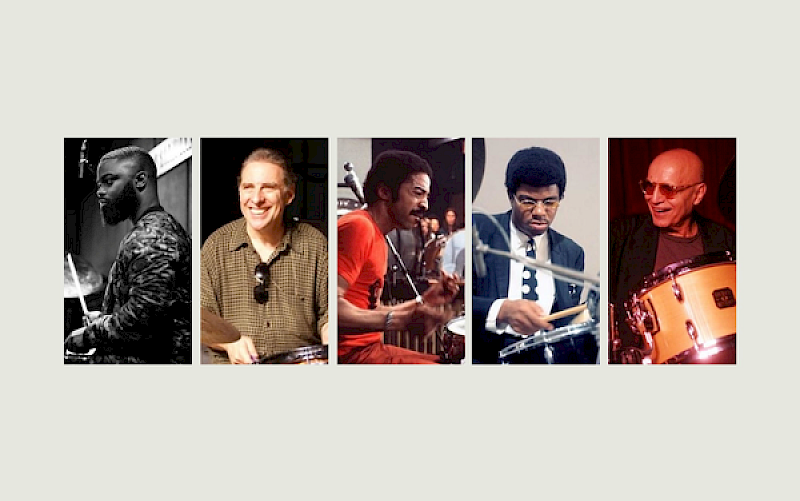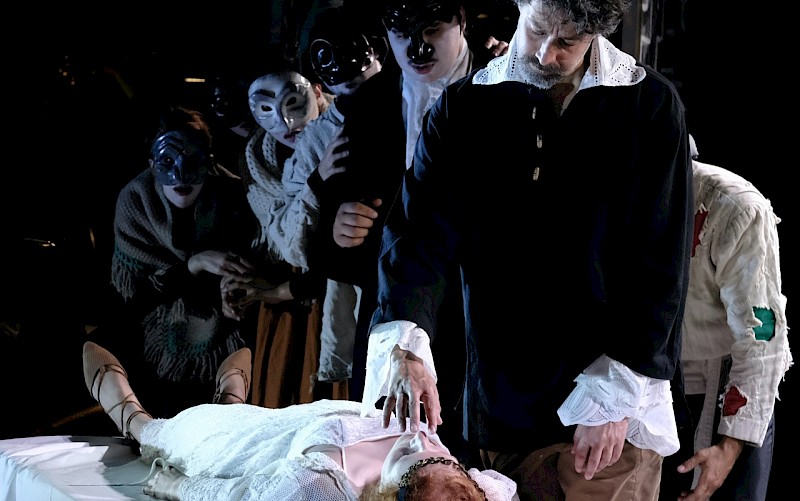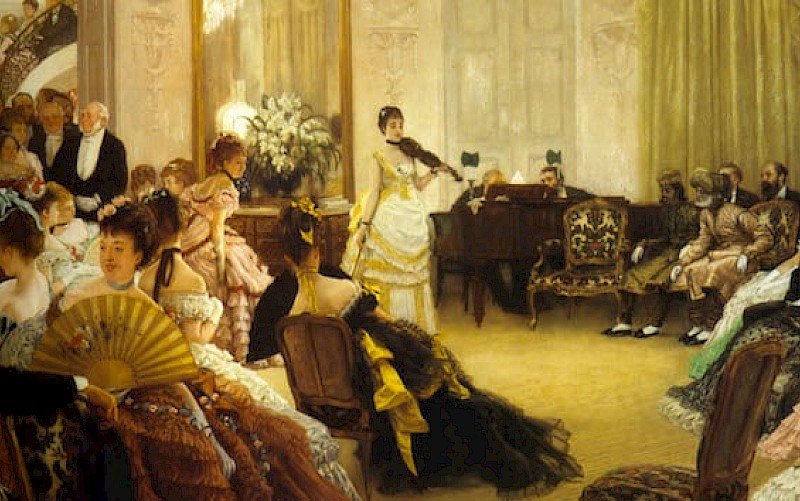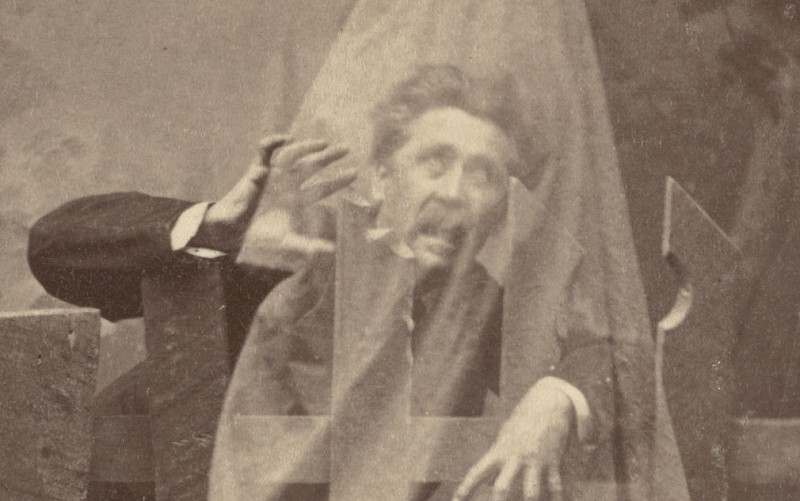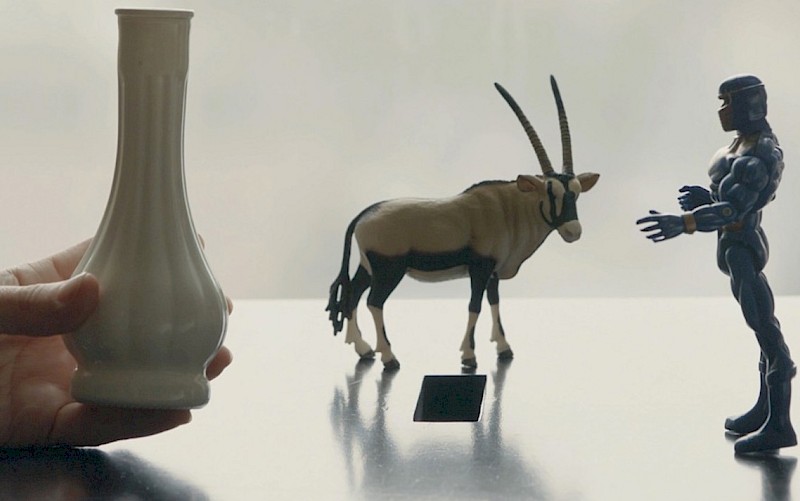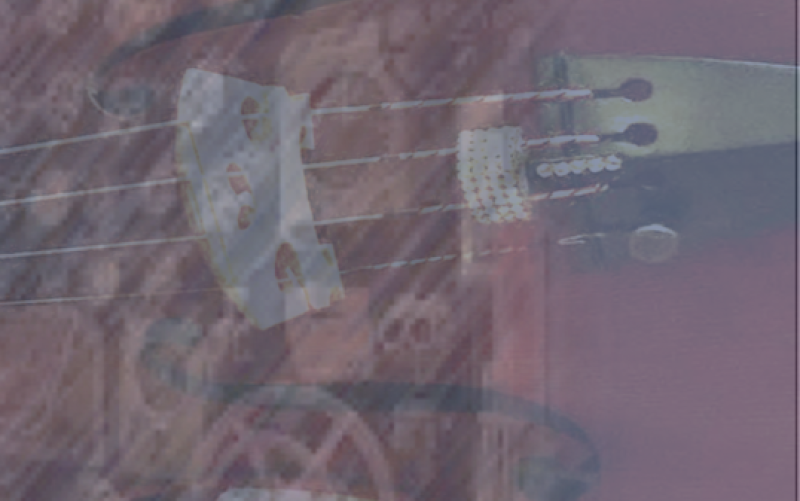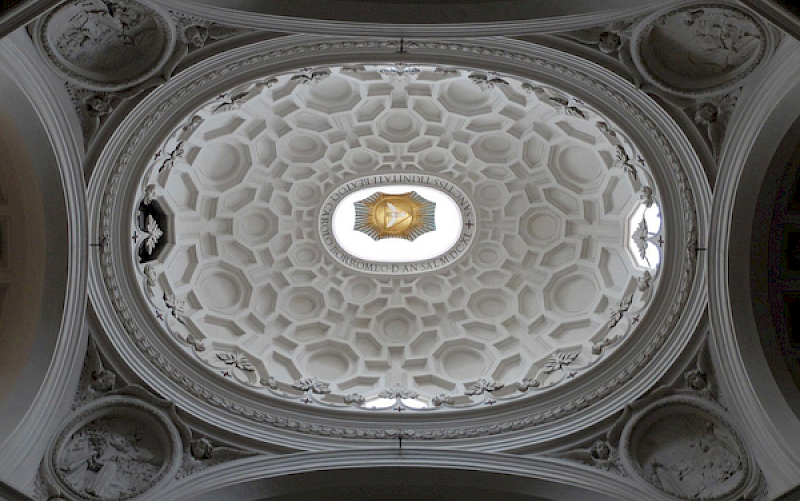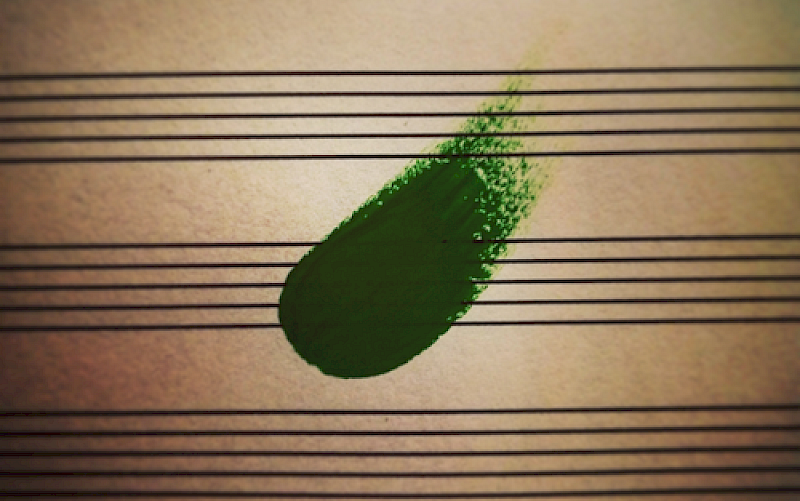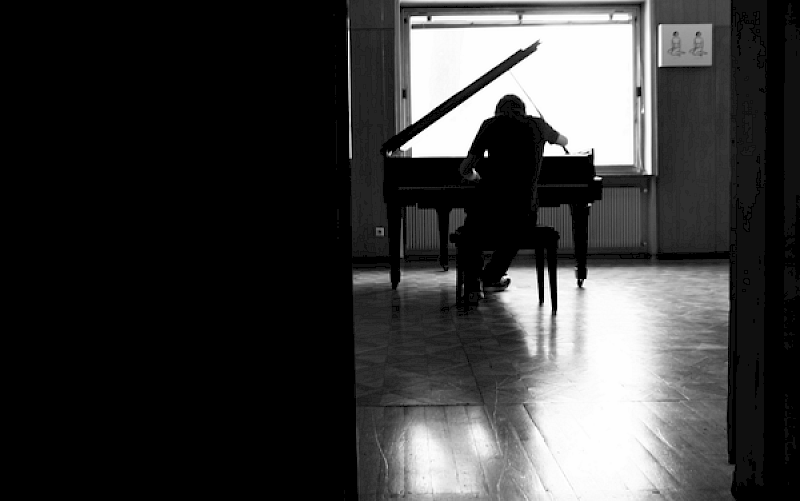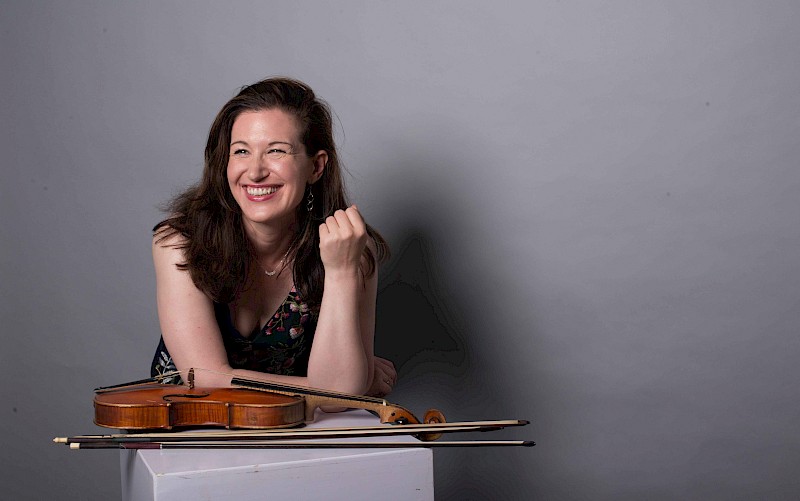
Saverio Mercadante and the Neapolitan flute school of the early 19th century. A dramma buffo on the historically informed approach
Mercadante’s flute works are among the most beloved 19th-century Italian compositions for this instrument. So far, no study has been undertaken to develop a specific historically informed performance practice for them. In order to do so, I first analysed the Italian flute history in the first half of the 19th century, which revealed a great influence of foreign instruments and methods on local flute makers and players; secondly, I studied the Neapolitan flute school during Mercadante’s lifetime (1795-1870) and discovered which instruments were in use, which methods were kept at the Conservatory Library, and who were the most successful contemporary players. Finally, I focused on Mercadante’s biography and created a detailed catalogue of his flute works, which includes bibliographical indications of manuscripts and editions, musicological details and historical notes (when available). This process revealed that the greatest part of such pieces was composed between 1813 and 1820, that is, while he was studying at the Neapolitan Conservatory. Once my theoretical investigations were completed, I approached the practical part of my research by following the performance practice instructions of Hugot-Wunderlich’s flute method, whose French original edition is kept in the Conservatory library since Mercadante’s study years. However, an important detail that I discovered at this research stage forced me at once to discard my entire methodological process. This true operatic plot twist - dramatic and yet funny - turned my thesis into a dramma buffo. It forced me to completely rethink my methodology and even what the concept of “historically informed” means to me.
Author: Enrico Coden
